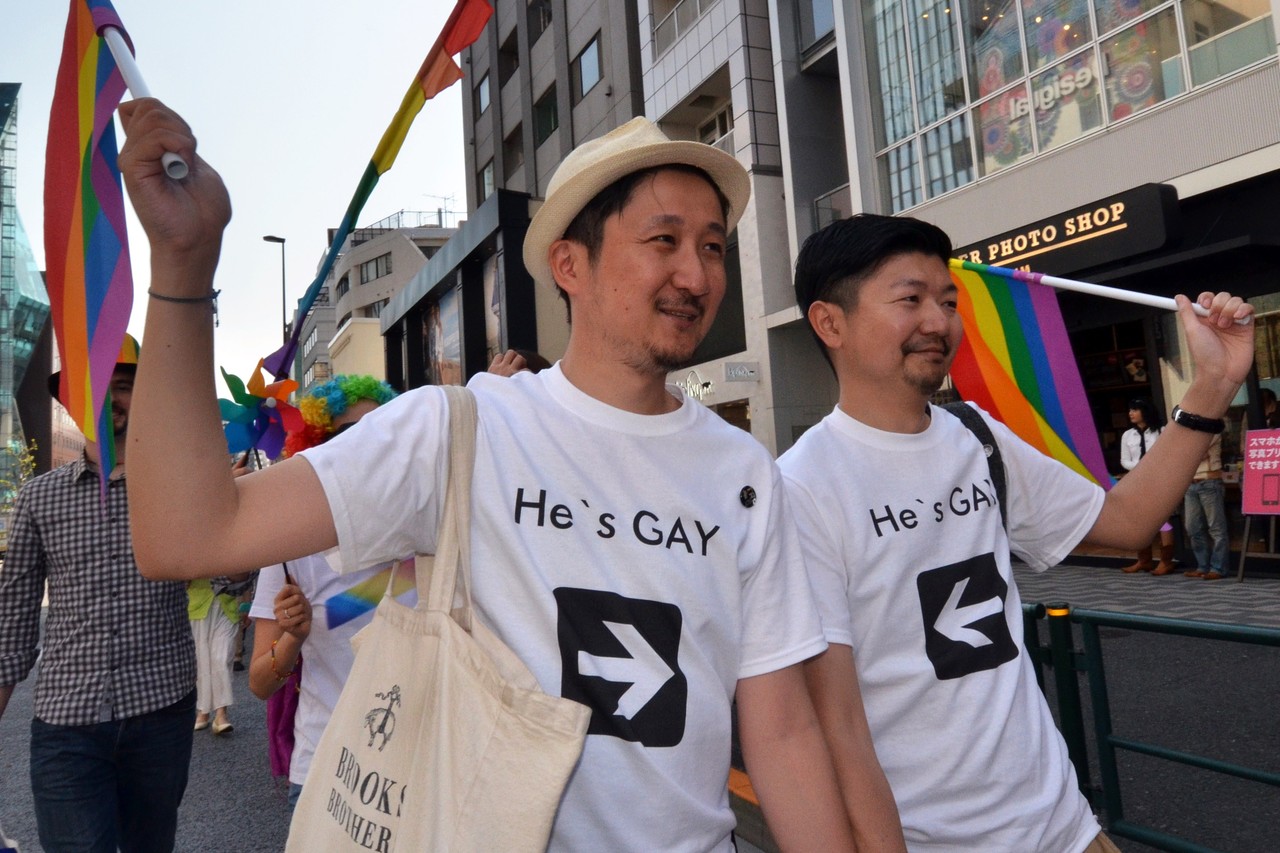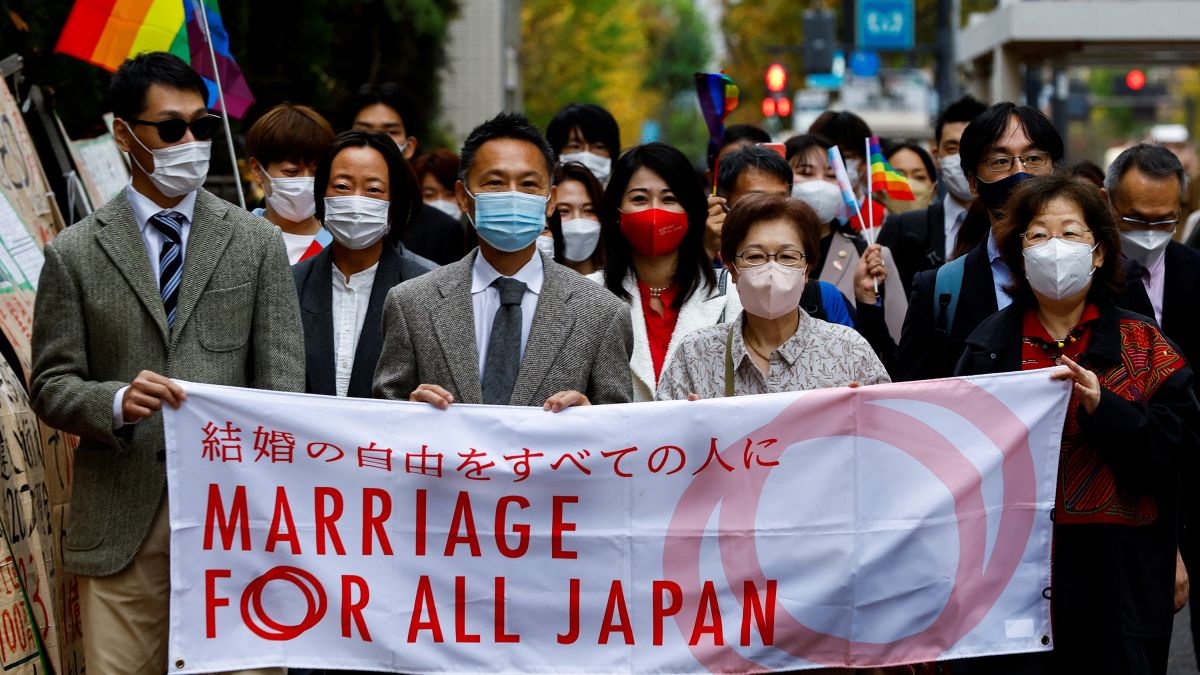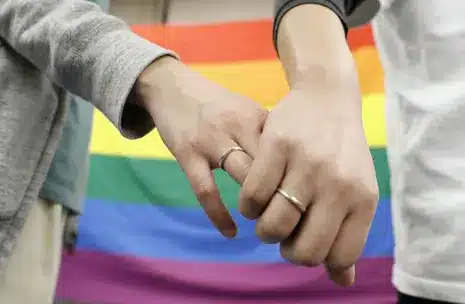Regardless of his earlier apologies and meetings with LGBTQ individuals, Japanese Prime Minister Fumio Kishida has been criticised for appearing to backtrack by saying that the country’s prohibition on same-sex marriage is not discriminatory.
To a large extent, the opposition to same-sex marriage legalisation and other LGBTQ equality legislation comes from Kishida’s governing Liberal Democratic Party, which is known for its conservative family values and reluctance to promote gender equality and sexual variety.
When Pressed by an opposition politician at Tuesday’s parliamentary budget committee and asked if Kishida thinks a same-sex marriage ban constitutes discrimination, he answered-
“I don’t think disallowing same-sex couples to marry is unjust discrimination by the state.”
Fumio Kishida

Critics from the opposition and LGBTQ community said he was backing down to appease the party’s ultraconservatives who are against sexual diversity.
Kishida “strongly felt the need for dialogue” after meeting with LGBTQ leaders in mid-February and took into account what the people have to say, what lawmakers have to say, what the courts have to say, and what the cities and towns have to say.
Kishida rejected prejudice and restated his belief that a ban on same-sex marriage “is not unconstitutional” on Wednesday. According to him, “I believe I do not have a sense of discrimination” over the matter. Also, I’ve never come out and said I disagree with it.
Derogatory Comments by PM aide
In the wake of former Kishida aide Masayoshi Arai’s discriminatory comments about LGBTQ community last month, there has been increasing pressure on the government to pass an anti-discrimination bill despite the official’s dismissal.
In early February, Arai told reporters that he didn’t want to live close to LGBTQ people and that if same-sex weddings were legalised in Japan, people would leave the country in droves.
Kishida’s Stand

On Wednesday, Japanese Communist Party senator Toru Miyamoto questioned Kishida about his meeting with LGBTQ representatives and the sincerity of his apology. In discussing the topic of same-sex marriage with Kishida, Miyamoto mentioned recent media polls and local government measures introducing non-binding same-sex partnerships.
Kishida has designated a special adviser for LGBTQ issues and directed his party to draft laws to increase understanding for LGBTQ rights since the incident began.
LGBTQ Demands and False Promises

Activists are demanding anti-discrimination laws be passed before Japan hosts a summit of the Group of Seven industrialised nations in May in Hiroshima. The only member of the Group of Seven (G-7) that does not have an anti-discrimination statute protecting LGBTQ individuals is Japan, which has not legalised same-sex marriage.
Despite Kishida’s promise to create an inclusive and diverse society, his own comments, such as his claim that allowing same-sex marriage will disrupt society and family values and must be carefully studied, were perceived as an evidence of his reluctance to advocate equal rights for LGBTQ people.
It is no secret that conservatives inside Kishida’s governing Liberal Democratic Party have been a major roadblock for LGBTQ equality campaigns. The party blocked a bill that would have promoted equality awareness in time for the 2021 Tokyo Olympics.
Despite growing public support for same-sex marriage, government attempts to foster sexual diversity have been gradual in Japan, and legal safeguards for LGBTQ persons remain nonexistent. Those who identify as lesbian, gay, bisexual, or transgender in Japan encounter prejudice in many areas of life, including the classroom, the workplace, and the home.












